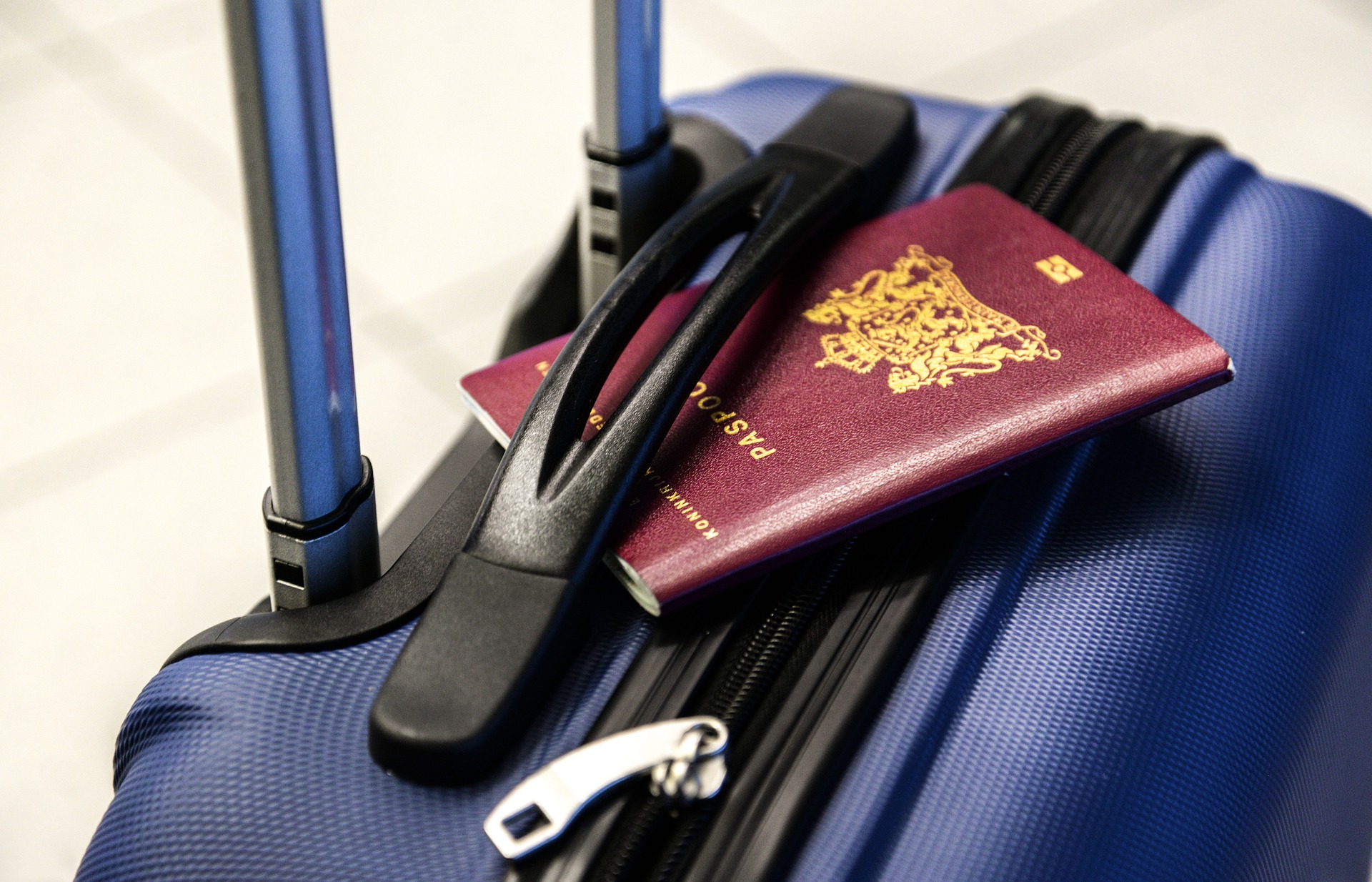“If we learn nothing else from this tragedy, we learn that life is short and there is no time for hate.”
Sandy Dahl, wife of Flight 93 United Airlines Captain Jason Dahl
In this post, we would like to share with our readers that starting September 13th the U.S. Citizenship and Immigration Services (USCIS) will require affirmative asylum applicants to bring interpreters to asylum interviews, if they are not fluent in the English language, or would like to have their interview conducted in a language other than English.
USCIS has said that affirmative asylum applicants who need an interpreter, but fail to bring one, or who bring an interpreter that is not fluent in English or a language they speak, in such case the immigration official may consider this a failure to appear if the applicant does not establish good cause.
Additionally, USCIS may dismiss the asylum application or refer the asylum application to an immigration judge.
Interpreter Requirements
The following requirements apply to interpreters present at USCIS interviews:
The interpreter must be fluent in English and a language you speak fluently and must be at least 18 years old. The interpreter cannot be:
- Your attorney or accredited representative;
- A witness testifying on your behalf;
- A representative or employee of the government of your country of nationality (or, if you are stateless, your country of last habitual residence); or
- An individual with a pending asylum application who has not yet been interviewed.
 Visa Lawyer Blog
Visa Lawyer Blog











